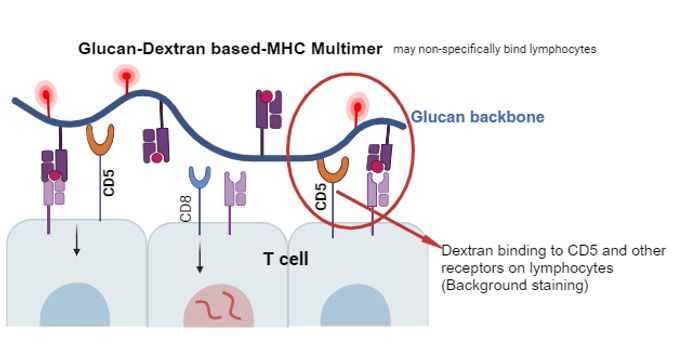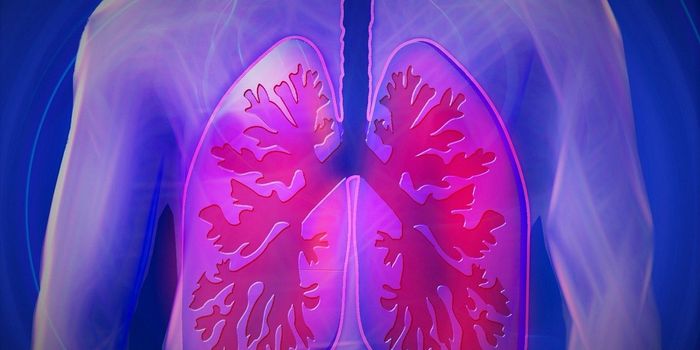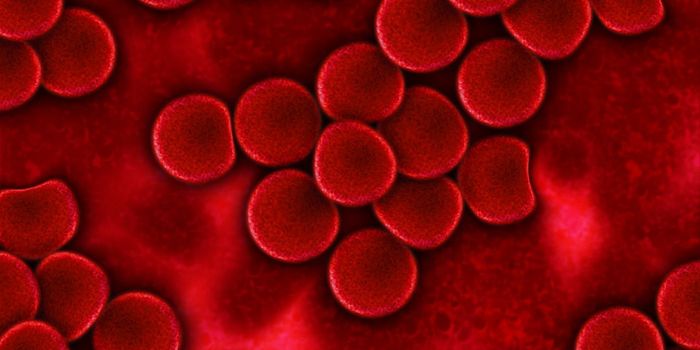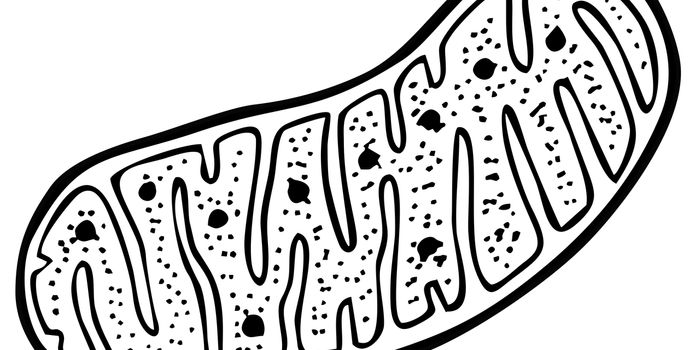Is There a Best Time of Day to Administer Chemo?
A recent publication in the Journal of Pharmacological Sciences outlines how the efficacy of L-asparaginase is dose schedule dependent in breast-tumor bearing mice.
Asparagine is an amino acid involved in metabolic control of cell functionality in primarily nerve and brain tissue. It is a common, non-essential amino acid synthesized by the body from oxaloacetate, which is an intermediate of the citric acid cycle in aerobic glycolysis (ATP producing pathway). L-asparaginase is an enzyme that enhances the conversion of asparagine which is used by new cells for growth and energy for proliferation. Without asparagine, DNA and RNA synthesis cease which results in programmed cell death. Young, undifferentiated lymph cells (lymphoblasts) in particular are dependent on asparagine for energy. L-asparaginase has been used for nearly a decade in patients with acute lymphoblastic leukemia (ALL) with significant success as a multi-drug chemotherapy treatment. Researchers have been looking at its use for solid tumors in vitro but have not translated results to in vivo studies for tumor bearing patients.
A group of Japanese researchers sought to further the understanding of L-asparaginase as a chemotherapy agent for solid tumors through investigation of its mechanism and potential efficacy dependence on changing physiological levels of asparagine in plasma. In animals, asparagine levels in plasma vary; they are higher in the light phase of a day and much lower in the dark phase of a day.
They specifically looked at breast-tumor cells and the anti-tumor effects of L-asparaginase in mice while varying the administration schedule to track effect. The group maintained the mice in standardized light/dark cycle conditions to mimic days and nights. Tumor cell growth in these mice was significantly inhibited by L-asparaginase when administered during the light cycle hours; conversely, when L-asparaginase was administered in the dark phase, there was no significant anti-tumor activity. The evidence very clearly suggests differences in anti-tumor therapeutic efficacy of L-asparaginase in these tumorigenic mice based on when doses were given.
It is not clear if dose schedule is considered for many chemotherapeutic agents in a clinical setting, nor if there is other research showing the value of investigating such concepts. It is noteworthy to consider if a cancer driving mechanism has any circadian rhythm or regular pattern with potential to affect therapy outcomes.
Sources: Journal of Pharmacological Sciences, NIH PubChem, Polish Archives of Internal Medicine,









